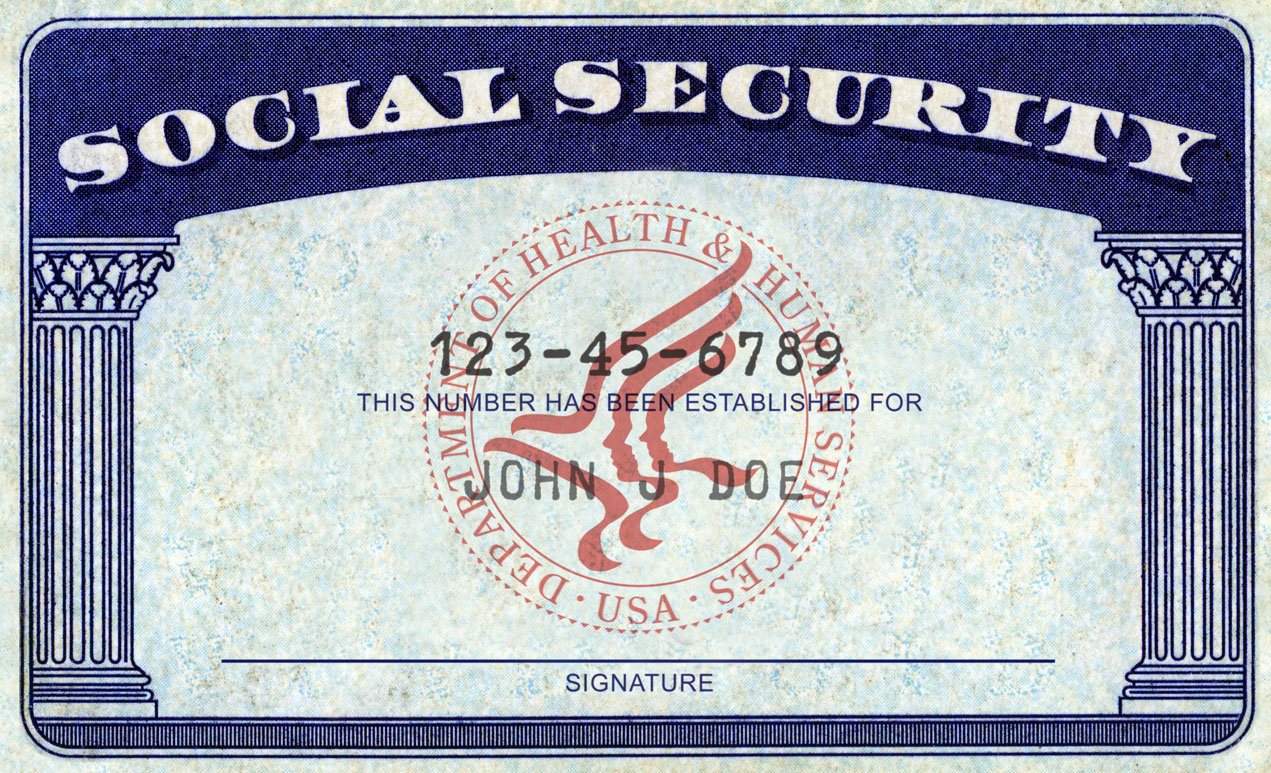
David J. Kupstas, FSA, EA, MSEA Chief Actuary
Age 62 is the earliest a worker may begin collecting Social Security retirement benefits. Is that the best age to start, or is it better to wait until the “full” Social Security retirement age (now 66) or perhaps even later? Let’s take a look at some numbers:
Ron is about to turn 62. He is debating whether to start Social Security now or later. If he waits until his full Social Security Retirement Age (SSRA) of 66, he will receive $1,000 per month. If he starts benefits earlier, there is a 1/15th reduction for each of the first three years before full SSRA and 1/20th for each year thereafter. In other words, these are the monthly benefits Ron can expect at each age from now until 66:
- Age 62: $750.00 per month
- Age 63: $800.00 per month
- Age 64: $866.66 per month
- Age 65: $933.33 per month
- Age 66: $1,000.00 per month
Comparison of Starting at Age 62 vs. Age 66
If he starts at age 62, he will have a four-year head start on collecting payments compared to 66. But the longer he lives, the better it will be for him to have waited until age 66. If Ron dies on his 70th birthday, for instance, he will have collected $72,000 if he started at 62 and $48,000 if he started at 66. (Assume no cost-of-living increases to the monthly benefit.) What if Ron lives to be 90? Then starting at age 66 will have been the better deal. He will have collected $288,000 vs. $252,000 from age 62.
By using a little algebra, we can determine that starting benefits at age 62 has a higher lifetime payout if one dies before turning age 78 and starting at 66 has the higher lifetime payout if one dies after turning 78.
The decrease in benefit from age 66 to 62 is known as an “actuarial reduction.” While starting earlier gives a retiree more monthly payments, each payment is lower than if he had waited. If the actuarial factors are accurate, then the Social Security system should be in the same position financially no matter what age you start your benefits. In reality, the actuarial reduction factors have been in use a long time and are probably not up to date. However, a Social Security retiree need not worry about that. Instead, he should focus on what seems best given his personal situation.
“Full” Retirement Age Is Not “Latest” Retirement Age
The Social Security website defines “full retirement age” as “the age at which a person may first become entitled to full or unreduced retirement benefits.” That is a misnomer. A person can wait to as late as age 70 to start benefits. If full benefits are payable today to a 66-year-old, then “fuller” benefits are available at age 70 – an additional eight percentage points per year, to be precise – because there is an actuarial increase for postponing benefits. Here is a continuation of the benefit table above:
- Age 67: $1,080.00 per month
- Age 68: $1,160.00 per month
- Age 69: $1,240.00 per month
- Age 70: $1,320.00 per month
A little more algebra will show that, compared to starting benefits at age 66, starting at age 70 gives a higher lifetime payout for retirees who live longer than age 82½. Compared to those with a benefit start age of 62, it is around age 80½ when the 70-year-old starting age has the higher lifetime payout.
It should be noted that the full retirement age will start increasing in 2021 by a couple of months a year until it reaches age 67 in 2027.
Better to Delay Starting SS Benefits…If You Can
Social Security can be viewed as a form of longevity insurance – it will be there for you when you get to a very advanced age. Under this view, a person should wait as long as possible to start benefits. Before taking Social Security, one can live off IRAs, 401(k)s, and other savings, or even keep working. The longer a person lives, the more likely other assets will be depleted, making Social Security a primary source of income. In that case, it is to the retiree’s advantage to have a Social Security benefit that is as large as possible, which would be the result if the benefit start date were postponed until age 70 or as long as possible. On the other hand, not everyone has that luxury. Some retirees need to start Social Security at age 62 or at some other age earlier than 70 because of low savings, immediate expenses, an inability to continue working, or some combination of these factors.
This analysis is simplified and does not take into account cost-of-living adjustments, interest, or other factors that could be relevant. It is intended to inform you of the range of retirement ages available and a rough financial impact of deciding to start benefits at each of those ages. Retirees will want to sit down with a financial planner or online tools to determine what makes the most sense for their situation.
See also: Social Security Benefits to Get a (Very) Slight Bump in 2017



